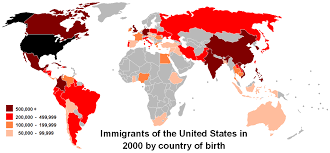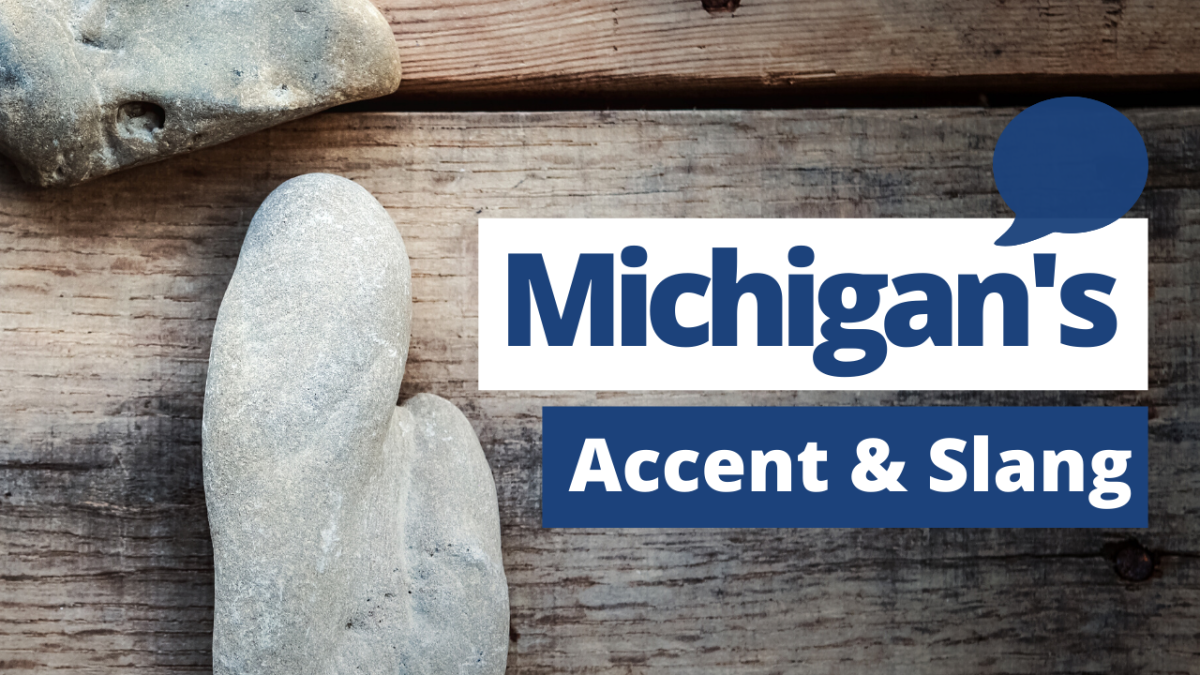Impressions of Accents, an Essay on Immigration

Introduction to the Essay
There are 5 million English language learners in the U.S. public schools and the number only increases over time (Pew Research Center, 2018). English language learners are people whose native language isn’t English. The number decreases in schools as students grow up but what about adults that learn English later in life? Learning English as a second language wasn’t difficult for me because I grew up here. However, it gets more difficult as you age because our brain’s plasticity decreases. Accents have a huge influence on how people view themselves and the people around them. There are also preconceived ideas about people with not-so-perfect English.

Information on Accents and the Struggle of Immigrants
In a passage entitled “Mother Tongue,” Amy Tan discusses the importance of language as it relates to our perception of others and our identity. Tan delves into her experience when she says that “when I was growing up, my mother's ‘limited’ English limited my perception of her. I was ashamed of her English. I believed that … because she expressed them imperfectly her thoughts were imperfect” (Tan, 2). Tan’s explanation is very honest about her perception of her mother. I’ve never seen my mother as less than the people around her as a result of her accent. I’ve always seen her as a smart person. Even though my thoughts on my mom aren’t influenced by how she talks, there’s some research backing up the correlation between accents and impressions, a study by Heaton Nygaard explains that “Linguistic content appeared most likely to influence listeners' attitudes when preexisting assumptions based on regional accent were absent” (Nygaard, 2011). In other words, people are more likely to focus on a person’s accent than what they’re saying when they speak. They tend to associate the accent with whether or not they agree with someone. Furthermore, this issue also goes into the diction of the speaker. While the word choices of the article were informative and academic, it may be difficult for later English language learners to be able to do the same.

Evidence on Immigration and America
In the United States, roughly 20% of the population is bilingual (Psychology Today, 2012). While every two out of ten people don’t seem like a lot, that’s 60 million people that can speak a language other than English. Accents are far more prevalent. What percentage of people in the U.S. have accents? One hundred percent! Everyone that speaks a language is speaking a variation of languages that have come before them so no one can say that they don’t have an accent. Everyone can say that others speaking their language have an accent. Everyone has the possibility of forming an accent when learning a new language. However, this doesn’t eliminate accent-related biases. There are certain accents that people are more biased against than others. In an article by Forbes, Dr. Pragya Agarwal writes, “Research has shown that speaking with a non-native accent … can influence managers' perceptions of speakers' fluency, and expectations [about their] performance abilities” (Agarwal, 2018). Therefore, if you’ve recently learned English, or have learned it later in life, you’re more likely to be discriminated against, unconsciously of course. But if everyone has an accent why are only specific accents targetted?

Native Accents, Bias, and Discrimination
To say that an accent makes someone sound less intelligent is ignorant. To form a non-native-sounding accent, a person needs to first learn a language in addition to one they’re familiar with. Along the way, the verbal patterns and habits from their initial language will influence the way they speak in the new one creating an accent. “According to studies in Sweden, learning a language causes areas of the brain associated with memory … to increase in size. What's more, it has been suggested that learning a second language helps prevent brain diseases” (Educations.com, 2019). So who cares about the accent? You can criticize the funny ways in which someone speaks but it prevents you from getting a disease! It also helps their brains grow. If people were exposed to different accents throughout their life, they may not be able to make the same 30-second judgment about the character of another person. Everyone needs to be informed and aware of this unconscious bias. Thinking about it can help prevent it.

Philosophy and Thought
Thinking. Thinking through a problem can help us solve it. Thinking about our mistakes helps us fix them. In the case of accents, actively thinking about and looking for bias in communication can help us become better at interacting with people around us. Learning a new language can be difficult later in life; it has its benefits so there shouldn’t be a stigma attached to imperfect speech. Although there are many deeper routed cognitive barriers and categorization withing all of us, we can all work to overcome them, if not eliminate them indefinitely.
Support A Local Writer!

Works Cited
Agarwal, Dr. Pragya. “Accent Bias: How Can We Minimize Discrimination In The Workplace?” Forbes, Forbes Magazine, 30 Dec. 2018, www.forbes.com/sites/pragyaagarwaleurope/2018/12/30/bias-is-your-accent-holding-you-back/#15a4f88f1b5a.
Bialik, Kristen, et al. “6 Facts about English Language Learners in U.S. Public Schools.” Pew Research Center, Pew Research Center, 25 Oct. 2018, www.pewresearch.org/fact-tank/2018/10/25/6-facts-about-english-language-learners-in-u-s-public-schools/.
“Bilinguals in the United States.” Psychology Today, Sussex Publishers, www.psychologytoday.com/us/blog/life-bilingual/201205/bilinguals-in-the-united-states.
Educations.com. “The Importance of Language Learning.” Educations.com, Educations.com, www.educations.com/articles-and-advice/the-importance-of-language-learning-14459.
Heaton, Hayley, and Lynne C Nygaard. “Charm or Harm: Effect of Passage Content on Listener Attitudes toward American English Accents.” Journal of Language and Social Psychology, U.S. National Library of Medicine, June 2011, www.ncbi.nlm.nih.gov/pubmed/21720455.
“Mother Tongue, by Amy Tan.” Mother Tongue, www.u.arizona.edu/~sab4949/mother.html.
© 2020 Amaryllis Kai








